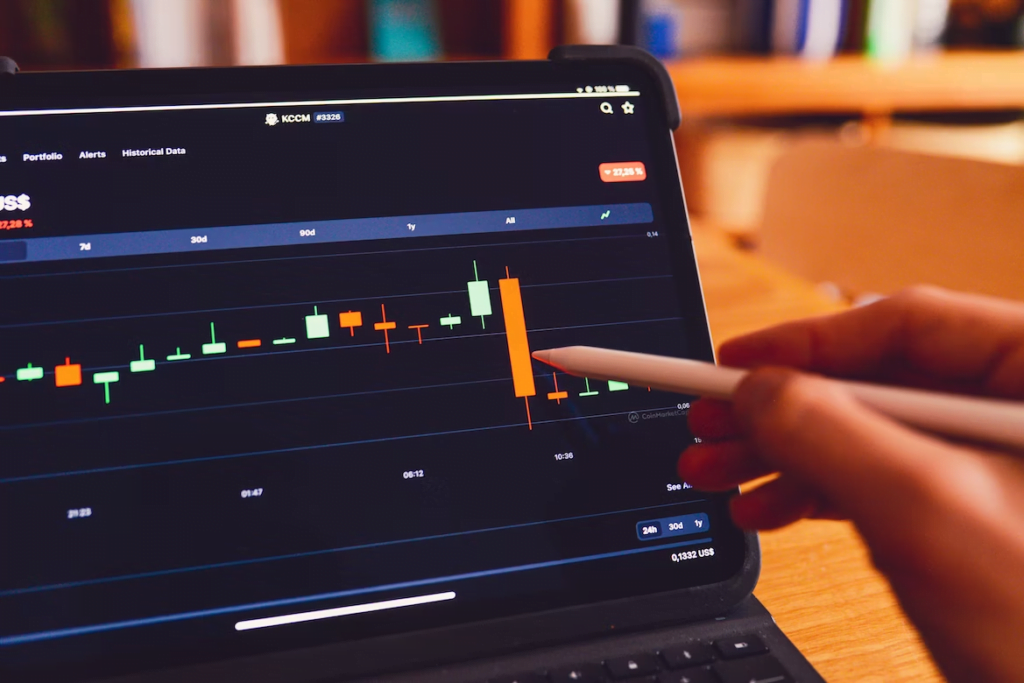When it comes to trading stocks, forex, cryptocurrencies, or any other financial instrument, one of the most important factors to consider is the broker you choose. A good broker can make all the difference in your trading experience, providing you with the tools, resources, and support you need to succeed.
However, not all brokers are created equal, and one of the key differentiators is the commissions and fees they charge. If you’re looking for the most beneficial offers, you might want to check zero spread forex brokers; however, you should know about all the different charges you might face in trading. In this article, we’ll take an in-depth look at the various commissions and fees you should be aware of when selecting a broker.

Trading Commissions
Trading commissions are the fees charged by brokers for executing trades on your behalf. These are often calculated as a percentage of the trade value or as a fixed amount per trade. For instance, a broker may charge a commission of 0.1% per trade or $5 per trade, regardless of the size of the transaction. Some brokers offer commission-free trading, which can be very appealing to cost-conscious traders.
When comparing brokers, it’s essential to consider both the commission rate and the minimum commission per trade. A low commission rate might not necessarily translate into lower costs if the minimum commission is high. Additionally, some brokers may offer tiered commission structures based on the volume of trades you execute, so it’s essential to evaluate the rates based on your trading activity.
Spreads
For traders dealing with forex, CFDs, or cryptocurrencies, the spread is another crucial cost factor. The spread is the difference between the bid (the price at which you can sell an asset) and the ask (the price at which you can buy an asset). Brokers typically make money by widening the spread, effectively charging you a fee each time you enter or exit a trade.
Tighter spreads are generally better for traders, as they reduce the cost of trading and make it easier to execute profitable trades. It’s essential to compare the spreads offered by different brokers, as some may offer tighter spreads on specific currency pairs or assets.
Overnight Fees and Rollover Rates
If you’re planning on holding positions overnight, it’s crucial to consider the overnight fees or rollover rates charged by your broker. These fees are incurred when a position is held open beyond the end of the trading day and are typically calculated based on the difference in interest rates between the two currencies being traded.
Some brokers may offer competitive rollover rates, while others might charge more substantial fees for holding positions overnight. It’s essential to factor these costs into your trading strategy, especially if you plan on engaging in long-term or swing trading.

Account Maintenance Fees
In addition to trading-related fees, some brokers may charge account maintenance fees. These can include inactivity fees, which are charged if your account remains dormant for an extended period, and monthly or annual account fees. While these fees may seem small, they can quickly add up and eat into your trading profits.
Be sure to read the fine print and understand any account maintenance fees that may apply to your account. In some cases, these fees can be waived if you maintain a certain account balance or meet specific trading activity requirements.
Deposit and Withdrawal Fees
Another cost to consider when choosing a broker is the fees associated with depositing and withdrawing funds from your account. Some brokers may charge fees for depositing or withdrawing money using specific methods, such as wire transfers or credit cards. Additionally, some brokers may impose minimum or maximum withdrawal limits, which can be inconvenient if you need to access your funds quickly.
Before opening an account with a broker, make sure you understand their deposit and withdrawal policies and any associated fees. If possible, choose a broker that offers multiple deposit and withdrawal options to give you the flexibility to manage your funds as needed.
Currency Conversion Fees
If you’re trading in a currency different from your account’s base currency, you may be subject to currency conversion fees. These fees are charged when your broker converts your funds from one currency to another, either for trading purposes or when depositing or withdrawing funds.
Currency conversion charges can vary widely between brokers, so it’s essential to compare these costs when choosing a broker. Some brokers may offer more competitive conversion rates than others, which can make a significant difference in your overall trading costs.
Conclusion
In summary, being aware of the various commissions and fees associated with trading is crucial when selecting a broker. By carefully comparing the costs of different brokers, you can find the one that best meets your needs and helps you minimize your trading expenses. Remember, lower costs can lead to higher profits, so it’s worth spending the time to research and weigh your options before committing to a broker.










